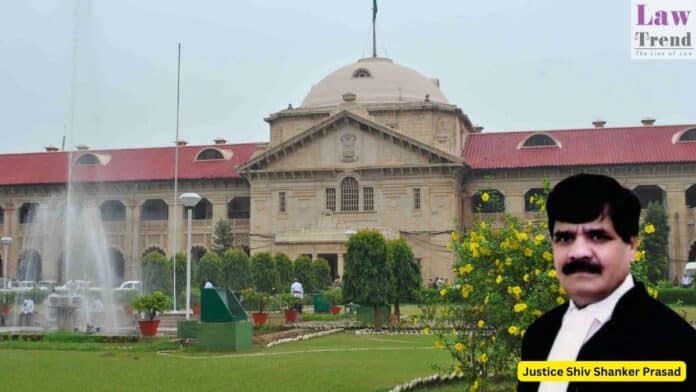The Indian judicial system, with its rich diversity of languages and cultures, faces the crucial task of making legal proceedings accessible to the common man. Delivering court judgments in vernacular and local languages is not just a matter of convenience; it is a fundamental necessity to ensure justice is truly served. Recently, to promote Indian
To Read More Please Subscribe to VIP Membership for Unlimited Access to All the Articles, Download Available Copies of Judgments/Order, Acess to Central/State Bare Acts, Advertisement Free Content, Access to More than 4000 Legal Drafts( Readymade Editable Formats of Suits, Petitions, Writs, Legal Notices, Divorce Petitions, 138 Notices, Bail Applications etc.) in Hindi and English.




